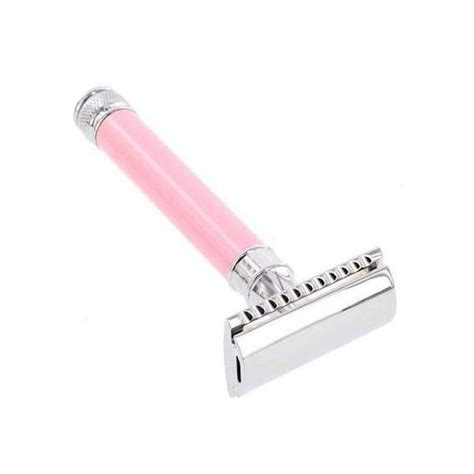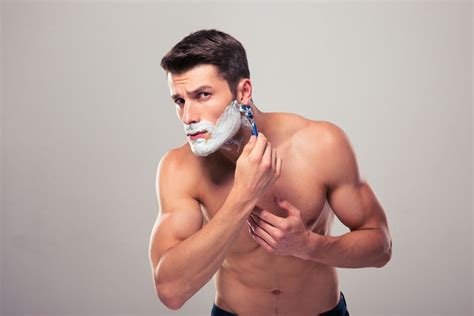Prevent ingrown hairs: optimal shaving technique for a smooth, confident finish?
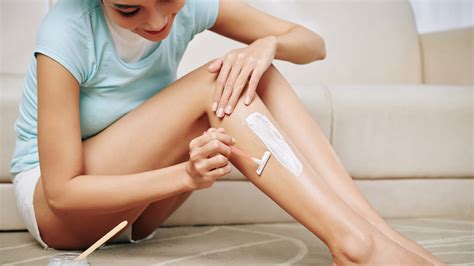
Mastering the Shave: Your Guide to Ingrown Hair Prevention
Ingrown hairs, those irritating red bumps that appear after shaving, are a common nuisance for many. They occur when a shaved hair curls back into the skin and grows inwards, leading to inflammation, discomfort, and sometimes infection. While frustrating, preventing ingrown hairs is entirely possible with the right approach to your shaving routine. This comprehensive guide will walk you through the optimal shaving technique, from meticulous preparation to crucial aftercare, ensuring you achieve a consistently smooth, confident, and irritation-free finish.
Understanding Ingrown Hairs: Why They Happen
Before diving into prevention, it helps to understand the enemy. Ingrown hairs are more prevalent in individuals with coarse or curly hair, as these hair types are more prone to bending back into the skin. Shaving too closely, using a dull razor, or improper technique can also create sharp-edged hairs that struggle to grow out of the follicle normally. The body then treats this trapped hair as a foreign object, triggering an inflammatory response that results in the characteristic bump.
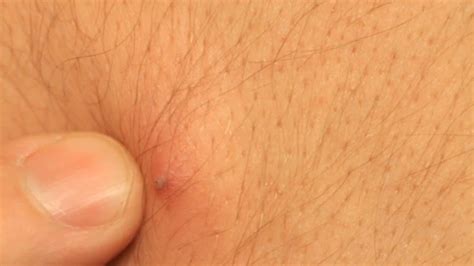
Pre-Shave Preparation: The Foundation of Smooth Skin
The secret to a great shave begins long before the blade touches your skin. Proper preparation softens the hair, opens pores, and creates a slick surface, significantly reducing the risk of ingrown hairs.
Exfoliation is Key
Start by gently exfoliating the skin to remove dead skin cells and lift any hairs that might be trapped beneath the surface. Use a mild scrub or an exfoliating brush a few times a week, especially before shaving. This clears the path for the razor and prevents hairs from growing inwards.
Warm Water and Steam
Take a warm shower or apply a warm, damp towel to the area you plan to shave for at least 2-3 minutes. Warmth softens the hair and skin, making it easier for the razor to glide and cut hair cleanly. This also helps to open up hair follicles, releasing trapped hairs.
Choose the Right Shave Cream or Gel
Always use a high-quality shaving cream, gel, or oil that creates a rich lather and provides ample lubrication. This cushioning layer protects your skin from the blade, minimizes friction, and ensures a smoother glide, preventing razor burn and irritation that can lead to ingrown hairs.
The Optimal Shaving Technique: A Step-by-Step Guide
Once your skin is prepped, it’s time to master the art of shaving itself. The goal is to cut the hair cleanly without irritating the follicle.
Use a Sharp, Clean Razor
A dull blade is your worst enemy when it comes to ingrown hairs. It tugs at the hair, creating jagged edges that are more likely to curl back into the skin. Always use a fresh, sharp blade (or a new cartridge) and rinse it thoroughly after each stroke to prevent buildup.
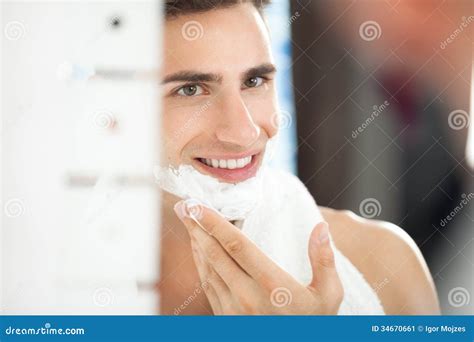
Shave With the Grain
For most areas, shaving in the direction your hair grows (with the grain) is crucial for preventing ingrown hairs. While it might not result in the closest shave, it significantly reduces irritation and the likelihood of hair curling back. If you desire a closer shave, reapply lather and shave across the grain, or very gently against the grain, but only if your skin tolerates it well.
Light, Short Strokes
Avoid applying excessive pressure. Let the razor do the work. Use short, controlled strokes, gently guiding the blade over your skin. Pulling your skin taut can help achieve a cleaner cut, but avoid overstretching.
Rinse Your Razor Frequently
Regularly rinse your razor under warm water to clear away hair and shaving cream. A clogged razor is ineffective and can pull at hairs, leading to irritation.
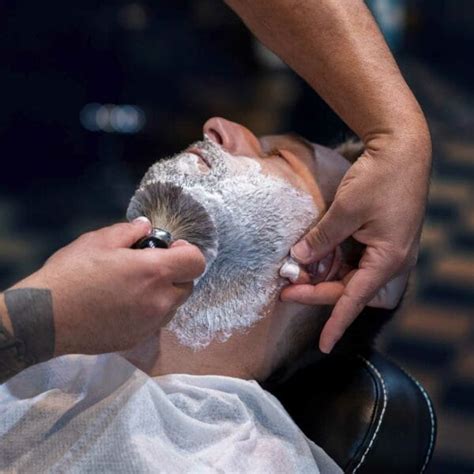
Post-Shave Care: Soothe and Protect
The work doesn’t stop once the last hair is cut. Post-shave care is essential for calming the skin, closing pores, and further preventing ingrown hairs.
Cold Rinse and Pat Dry
Rinse your shaved skin with cold water. This helps to close pores and soothe any irritation. Gently pat your skin dry with a clean, soft towel rather than rubbing vigorously.
Apply an Aftershave Balm
Follow up with an alcohol-free aftershave balm or moisturizer. Look for ingredients like aloe vera, witch hazel, or chamomile, which have anti-inflammatory and soothing properties. These products hydrate the skin and prevent dryness, which can exacerbate ingrown hair issues.
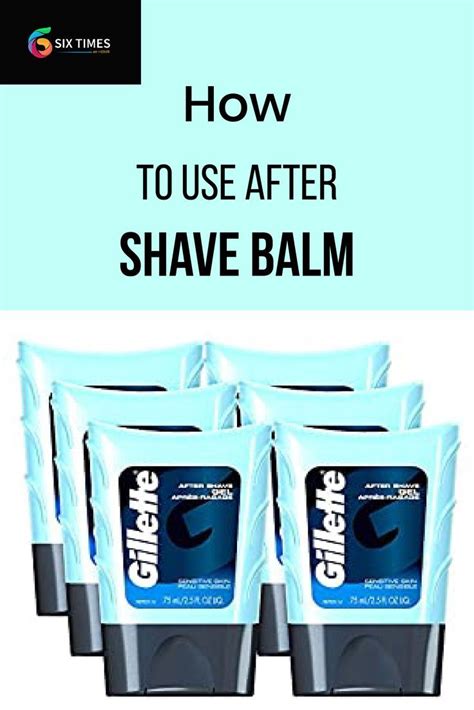
Moisturize Regularly
Keep your skin moisturized daily, not just after shaving. Hydrated skin is more pliable, allowing hair to grow out more easily without becoming trapped.
Wear Loose Clothing
If you’ve shaved an area of your body, especially the bikini line or legs, avoid tight clothing immediately afterward. Restrictive clothing can rub against the skin, causing friction and pushing hairs back into the follicles.
Common Mistakes to Avoid
- Dry Shaving: Never shave without proper lubrication and softened hair.
- Pressing Too Hard: This causes razor burn and encourages hairs to grow inwards.
- Shaving Against the Grain Excessively: While tempting for closeness, it’s a primary cause of ingrown hairs.
- Using Dull Blades: Change your razor blade every 5-7 shaves, or at the first sign of dullness or discomfort.
- Skipping Exfoliation: Regular exfoliation is vital for keeping follicles clear.
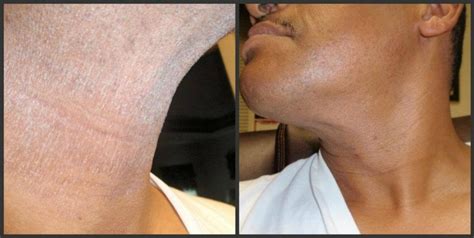
Conclusion
Preventing ingrown hairs is a commitment to a better shaving routine. By incorporating these optimal techniques into your grooming regimen – from diligent pre-shave preparation and mindful shaving to soothing post-shave care – you can drastically reduce the occurrence of these unwelcome bumps. Embrace a sharp razor, warm water, proper lubrication, and gentle strokes, and you’ll soon enjoy the smooth, confident finish you deserve, free from the irritation and discomfort of ingrown hairs.







